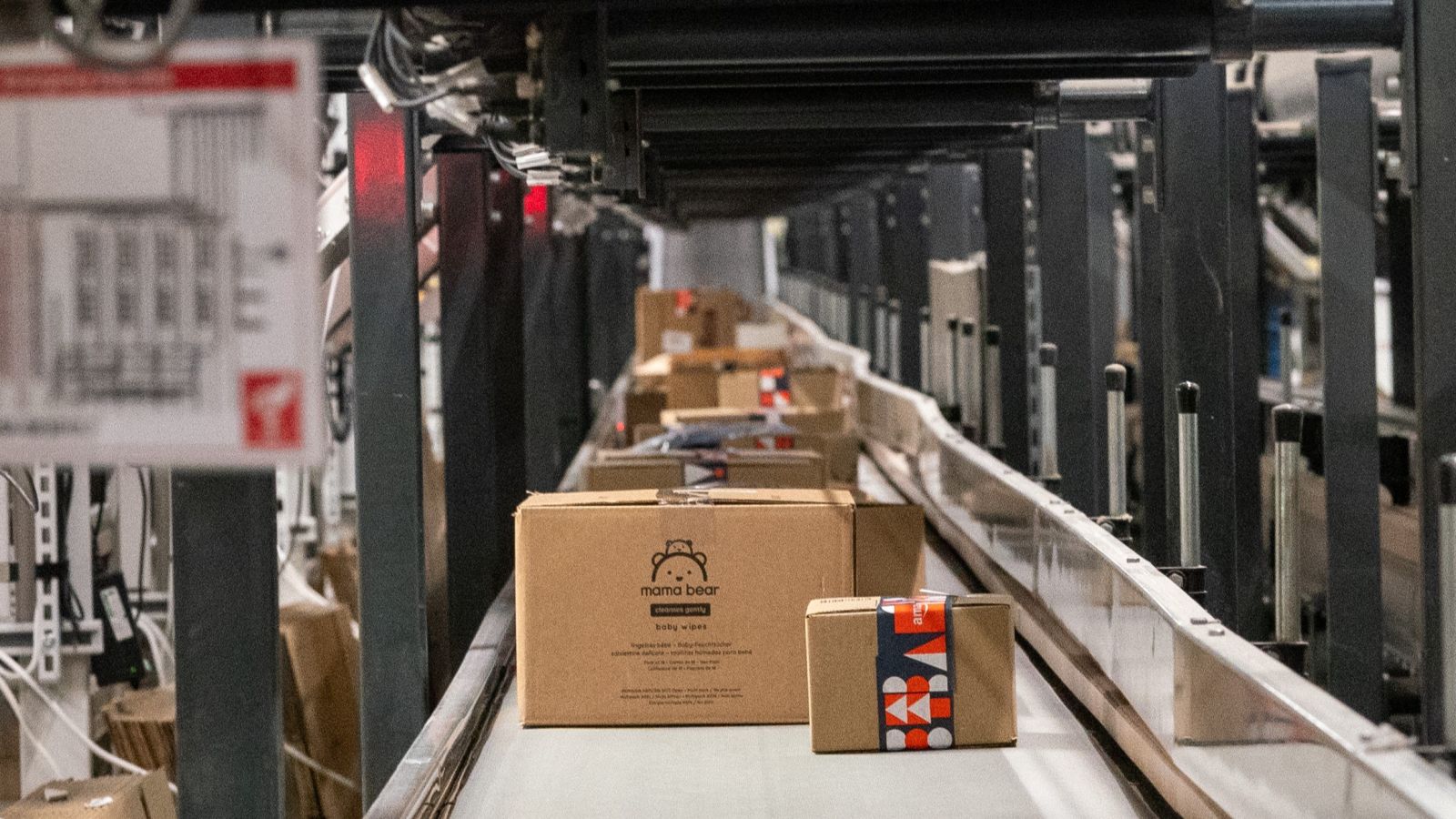With Christmas fast approaching and Black Friday looming, the UK faces a parcel delivery crisis. Citizens Advice reports that a staggering 15 million customers experienced delivery problems in the past month alone, highlighting a significant surge in issues during the peak season. This follows Ofcom figures revealing that two-thirds of people have encountered delivery difficulties in the last six months. The regulator has since strengthened regulations to ensure fairer treatment for consumers.
Citizens Advice's annual parcels league table paints a concerning picture. Yodel and Evri received the lowest rating, scoring only two out of five stars, while Amazon and Royal Mail fared slightly better, achieving three stars. However, even these leading firms experienced a drop in customer service scores compared to the previous year, with only DPD maintaining its rating. The report highlights a worrying trend: the number of customers facing unresolved issues after initially encountering problems is at a three-year high. Common complaints include parcels left unsecured and significant delays in delivery.
So, what can consumers do to protect themselves from the ongoing delivery disruption? Citizens Advice offers several key recommendations:
1. Engage with the Seller First: Under UK consumer law, retailers bear the responsibility for ensuring successful delivery of purchased goods. If your parcel fails to arrive or arrives damaged, contact the seller immediately. They are legally obliged to resolve the issue. However, if the problem stems from the delivery process itself â for instance, poor driver conduct â you should also contact the delivery company directly.
2. Scrutinise Delivery Information: Before placing an order, carefully review the delivery costs and estimated timescales. Thoroughly examine the retailer's returns and refund policies to understand your rights in case of problems.
3. Consider Alternative Delivery Addresses: Citizens Advice consumer expert Jane Parsons suggests exploring alternative delivery options if you anticipate being absent when the parcel arrives. "Consider asking a neighbour or friend if it can be delivered to their address," she advises. However, she cautions that if something goes wrong with alternative arrangements (such as using a safe space or neighbour), the seller or courier is not necessarily liable.
4. Understand Online vs. Private Sellers: Your consumer rights remain the same whether you purchase goods online or in a physical store. However, it's crucial to distinguish between transactions with established traders and those with private sellers. If purchasing from a private seller via an online platform, check if the platform offers a dispute resolution process to simplify resolving potential issues.
5. Leverage Reviews: Ms Parsons emphasizes the importance of checking reviews before selecting a delivery service. "Itâs always worth taking a careful look at reviews to gain an insight into how reliable the parcel company is and how well they deal with missing parcel complaints and refunds," she states.
In conclusion, as the peak delivery season intensifies, consumers must be proactive in protecting themselves. By understanding their rights, carefully selecting delivery options, and engaging effectively with both retailers and delivery companies, individuals can mitigate the risks associated with the current widespread delivery challenges. The increase in unresolved complaints highlights a clear need for improved service from delivery firms and increased consumer awareness of their rights.
Article
Business

Parcel Delivery Chaos: Millions Face Problems â How to Protect Yourself

